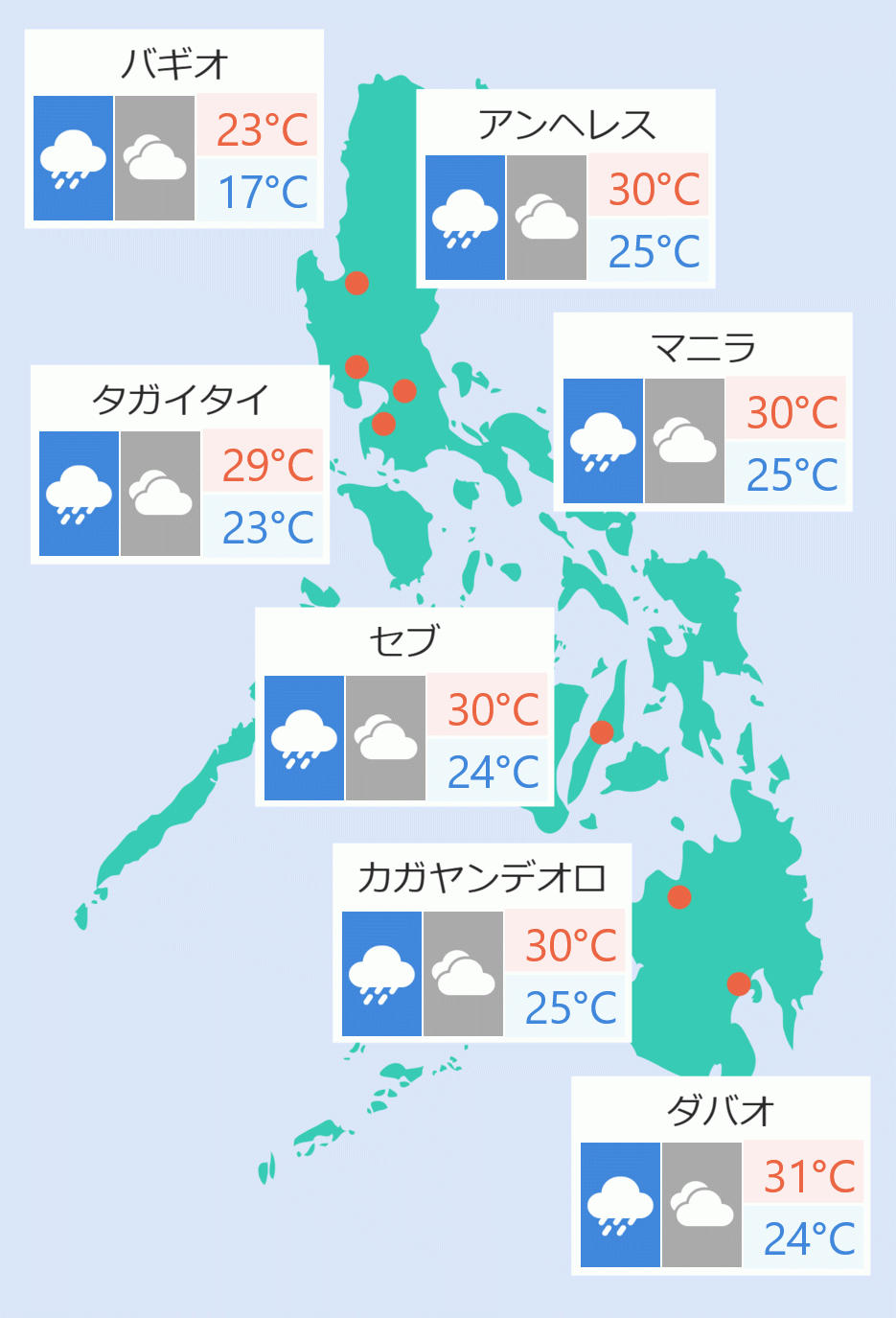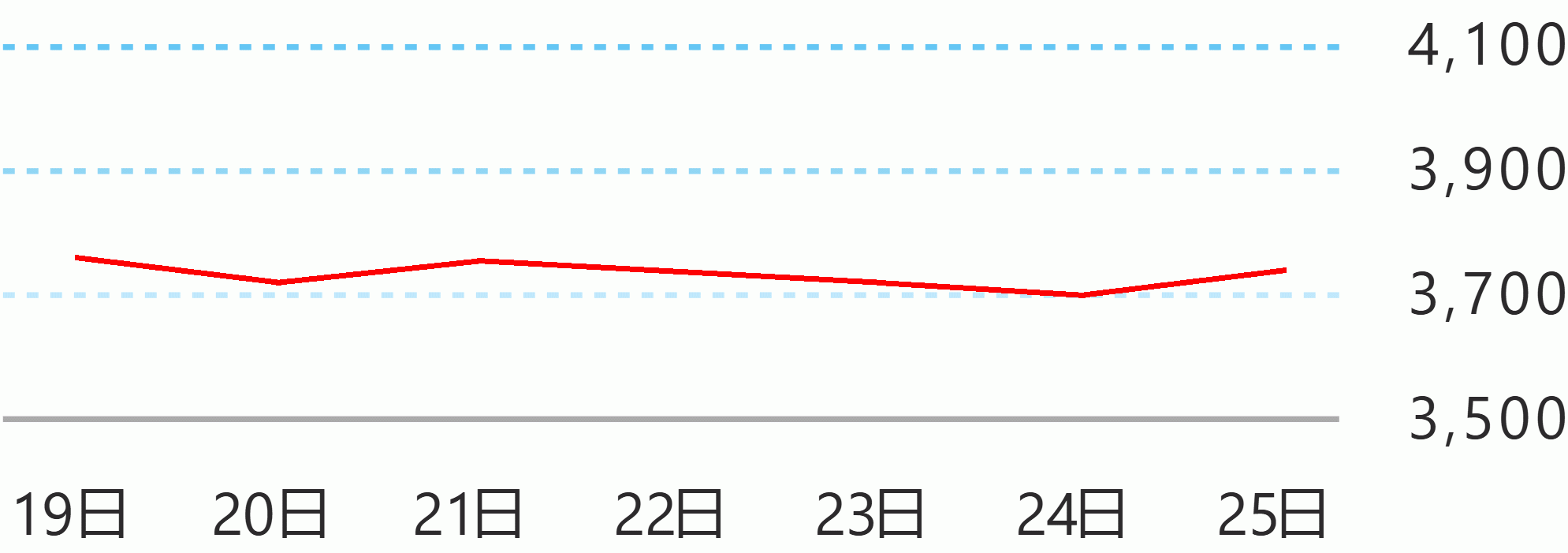Agriculture Secretary Francisco Tiu Laurel, Jr. does not yet see the need to impose suggested retail prices on rice and other farm products amid the anticipated impact of El Nino.
Laurel said the earlier proposals for an SRP was just an idea based on available remedies according to the Republic Act 7581 or the Price Act.
"We're not doing it. Prices of rice and other agricultural products in international markets like Thailand and other countries are volatile and fluctuating due to El Nino. Hence, we're not suggesting to control prices at the moment," he said.
Laurel noted that "the Price Act Law empowers the DA to stabilize prices of farm products and inputs, including rice, fish, meat, poultry and even fertilizers, in times of emergencies but that provision of the Price Act requires implementing rules and regulations to be first put in place before the DA could exercise that power."
"I'm well aware that setting retail prices, even if just suggested, for particular goods tend to be counterproductive, especially when there is ample supply," he said.
“In most cases, farmers bear the brunt of a price limit because traders will only lower their purchase prices to keep their margins. Consumers also don’t benefit in such a situation. It could also fuel price speculation and supply hoarding that evolves into another problem altogether,” he added.
Laurel pointed out that the technical working group's (TWG’s) crafting of the Price Act IRR is a clear warning to those who may want to exploit the situation that the DA is empowered by law to go after them.
“We will not hesitate to use the powers and remedies at our disposal to ensure that our farmers and consumers are amply protected against those who may want to exploit any supply shortage,” he said.
As countries try to increase their rice reserves through importation on concerns of potential drop in harvest due to an expected strong El Nino episode, the International prices of rice are fluctuating.
Laurel assures the public that DA is working double time to ensure ample supply of agricultural products, particularly rice, in the face of a potential prolonged dry spell due to El Nino, and taking steps to mitigate the weather phenomenon’s impact on local production.
Reports from the National Irrigation Administration’s Upper Pampanga Integrated Irrigation System, which provides water to farms in major rice producing provinces of Nueva Ecija, Bulacan and Pampanga, showed sufficient water supply that could sustain strong rice output.
“We're building up a buffer, largely through importation, to ensure we have ample supply of rice as we await the next harvest starting March. This should help keep prices stable without government intervention,” he said. Robina Asido/DMS





 English
English









